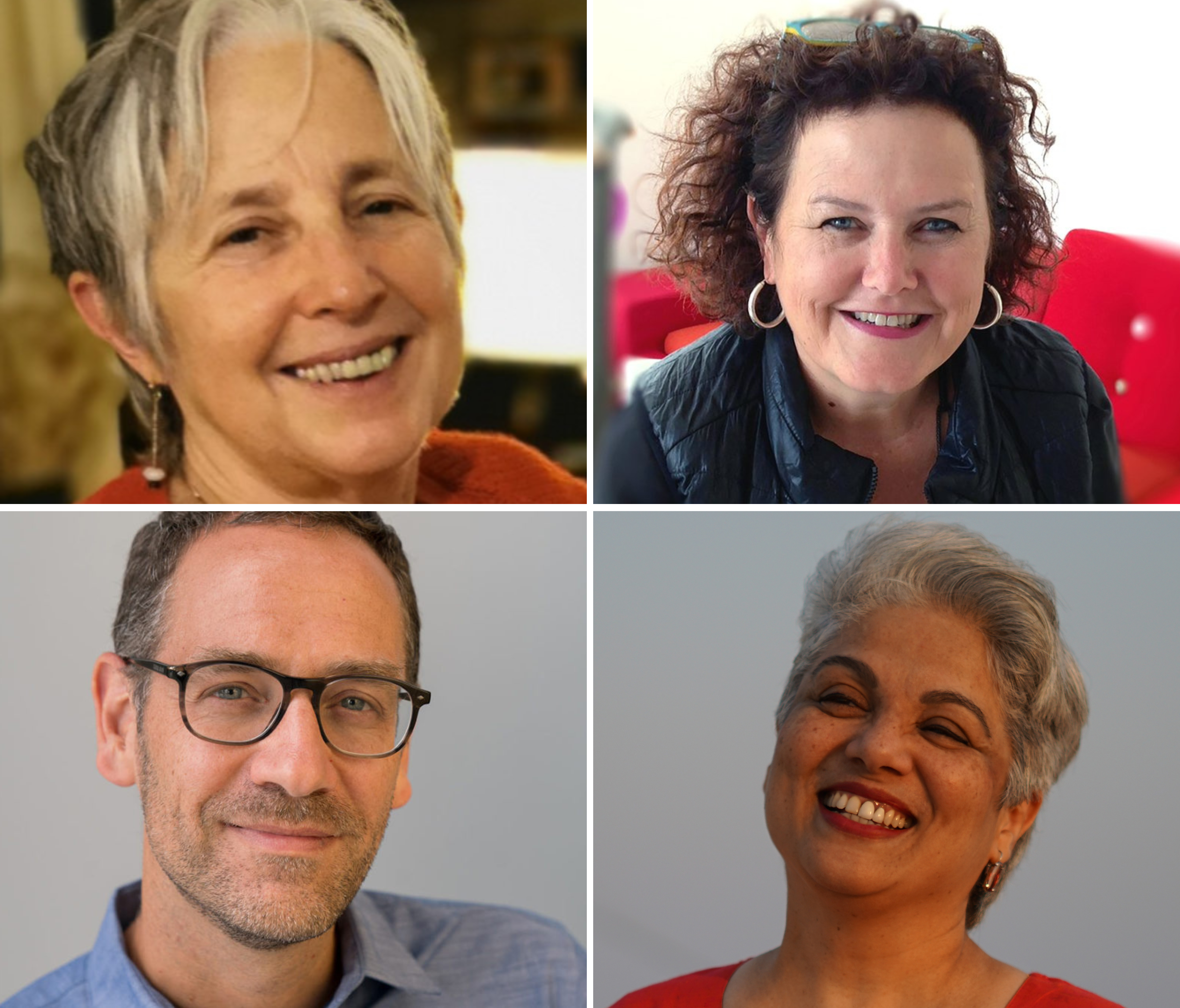Watch the recording of this session
Format
This is the second session in a series of online fireside chats organised by the ALBA Network with the aims of understanding what’s not working in existing mentoring programmes in (neuro)science and identifying the region-specific unmet mentorship needs of students in different parts of the world. The feedback from these sessions will be used to develop a tailored ALBA mentoring programme.
With this particular session, our aim is to target end-stage PhD students based in India who are actively seeking insights and clarity regarding postdoctoral opportunities within the European neuroscience landscape.
13:00 - 13:05 Introduction by Prof. Shubha Tole (India)
What are the motivations behind organising this fireside chat
13:05 - 13:35 Insights from Experts by Prof. Patricia Gaspar (France), Prof. Erin Schuman (Germany), Prof. Denis Jabaudon (Switzerland)
How can international aspiring postdocs navigate opportunities in these different countries
13:35 - 14:05 Interactive session
Dynamic Q&A session where participants are encouraged to share their expectations from a mentorship programme to apply for postdoctoral opportunities in Europe, exploring topics such as identifying an ideal mentor, application timelines, funding options, collaborative prospects, and addressing personal and professional challenges during a postdoc stint.
14:05 - 14:15 Concluding remarks by Prof. Shubha Tole
Key insights and lessons learned from the fireside chat
Speakers

Clockwise: Patricia Gaspar, Erin Schuman, Shubha Tole, Denis Jabaudon
Patricia Gaspar is an Emeritus Research Director at the “Paris Brain Institute " a Neuroscience Center which is part of Sorbonne Université and located in the Salpêtrière Hospital in Paris. Dr. Gaspar previously headed a laboratory on neural development at the Institut du Fer à Moulin (2006–2019) studying developmental mechanisms underlying psychiatric disorders using experimental models in rodents. Her team is best known for uncovering the developmental roles of serotonin on neural circuit development and fine-tuned wiring. She also participated in the creation of the Ecole des Neurosciences de Paris (ENP), an international PhD programme in France, which she directed from 2010 to 2014.
Erin Schuman is the founder and director of the Department of Synaptic Plasticity at the Max Planck Institute for Brain Research since 2009, and is a fierce champion of women in neuroscience. She has a long standing interest in the molecular and cell biological processes that control protein synthesis and degradation in neurons and their synapses. Her lab’s work has elucidated how gene expression can be regulated in the minute subcellular space of the synapse and how decentralization of cell biological machines allows the single neuron to manage subcellular proteomes in a vast volume. The lab’s current work focusses on the nature and specialization of mRNA translation and protein degradation machines and mechanisms in neurons, including in vivo studies.
Denis Jabaudon is a professor in and director of the Department of Basic Neurosciences at the University of Geneva, Switzerland, since 2009. His research interests are in studying the genetic mechanisms that control cortical neuron circuit assembly during development. Specifically, work in his lab is aimed at identifying the gene expression programs that enable distinct subtypes of thalamic and neocortical neurons to assemble into modality-specific circuits, and understanding how sensory experience regulates these differentiation programs during development.
Shubha Tole is a professor at the Department of Biological Sciences, Tata Institute of Fundamental Research, Mumbai, India. Her lab explores a range of open questions in the field of forebrain development - the mechanisms that regulate the early patterning of the cortical primordium, neuronal subtype specification in the neocortex, cell fate determination in the hippocampus, and the control of axon pathfinding and innervation of the cortex. A member of the ALBA Board of Directors, she is committed to public outreach, education, mentorship and is a vocal advocate for women in science and of mental health awareness in academia.


